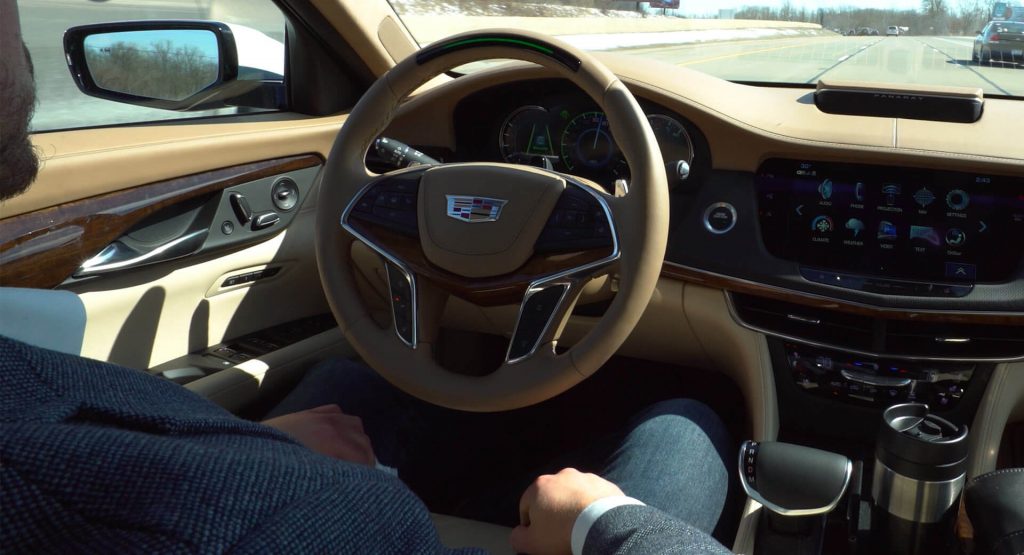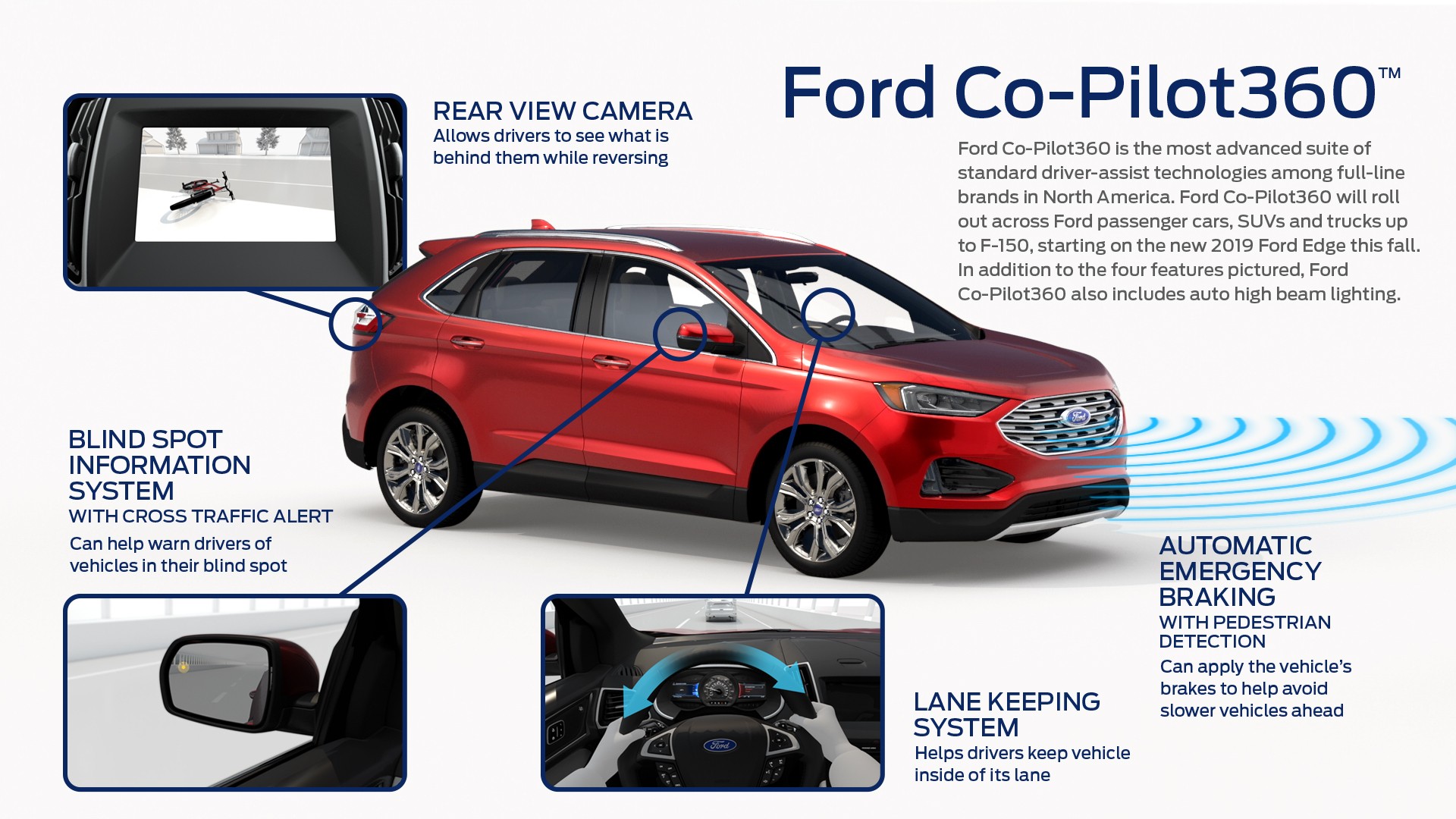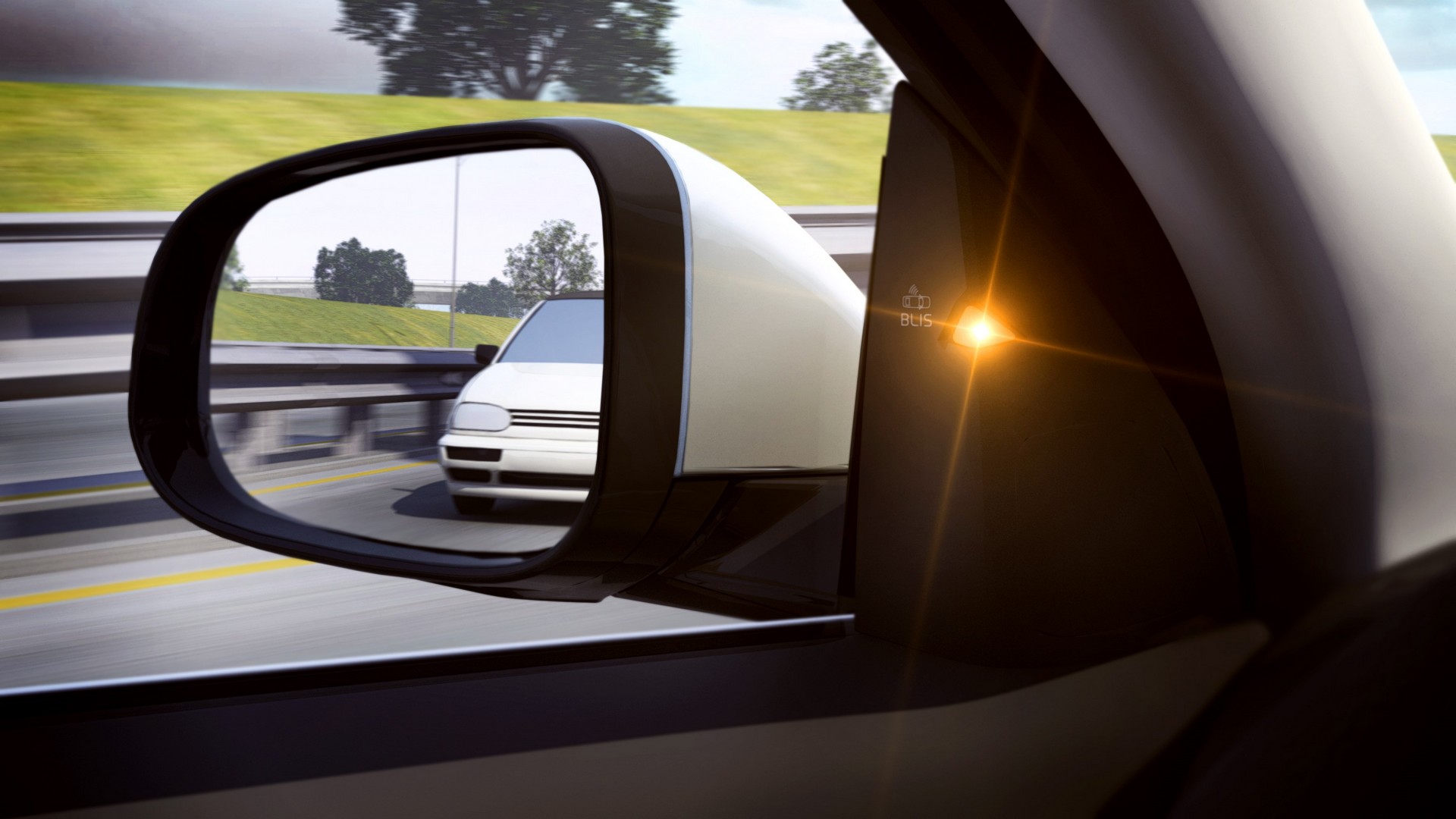Automakers and tech titans are developing autonomous driving technology, but it appears the vast majority of consumers couldn’t care less.
While previous studies have shown drivers are wary about the technology, a new report paints an even bleaker picture. According to Consumer Reports’ latest car safety survey, just 11 percent of drivers – who are looking to purchase a new or used vehicle in the next two years – want a model equipped with autonomous driving technology.
While semi-autonomous driving systems promise to improve safety, it appears consumers prefer older technologies such as rearview cameras, backup sensors and blind spot warning systems. In particular, 51 percent of respondents said it was important that their next vehicle have a rearview camera or a backup warning system. Blind spot warning systems weren’t far behind as 45 percent of people considered them important.
It goes without saying, all three systems offer safety benefits and blind spot warning systems help to reduce stress levels while traveling on busy highways. Given that, it seems surprising most consumers aren’t more excited about the technology especially now that it trickled down to mainstream vehicles.
As Consumer Reports notes, data from the Insurance Institute for Highway Safety suggests blind spot warning systems can reduce accidents by 14 percent. Likewise, rearview cameras can lower the number of crashes by 17 percent.
These systems weren’t the only ones that were surprisingly unpopular with consumers as just 28 percent of people considered an adaptive cruise control system to be important. Likewise, only 21 percent felt lane-keep assist systems were important.
There are likely a number of reasons consumers why aren’t excited about the safety features and the report mentions several possible factors. These include false warnings, a dislike of vehicles intervening in the driving process and a lack of trust in new technologies. Another possible explanation is that the respondents aren’t familiar with the technologies or haven’t experienced their benefits first hand.










